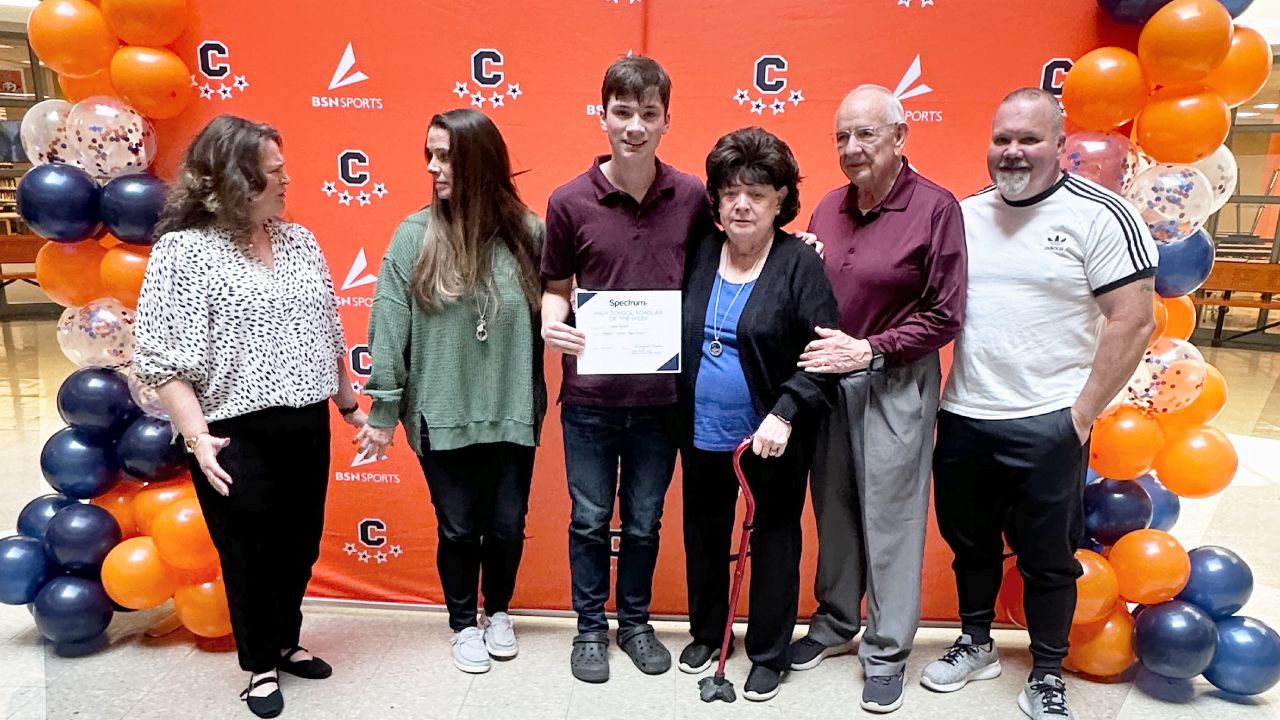WILMINGTON, N.C. — According to the Centers for Disease Control and Prevention, cerebral palsy is the most common childhood motor disability, affecting 1 in 345 babies born in the United States. It's a developmental disability that is caused by a brain injury while an infant is developing.
Cheryl Powell was one such child, and she has lived her whole life striving to not let her disability stop her from being successful.
“I wish more people would realize that I am not suffering from anything,” Powell says. “The only thing I am suffering from is maybe people not knowing that, yes, this is a disability, but it hasn't ruined my life.”
She was always determined, but it wasn't until she was introduced to advocating for those who have a disability that she found her passion. Even living every day with cerebral palsy, she was shocked at how much she was unaware of what others in the disabled community face.
“People with disabilities being seen as less than, that is a systematic issue,” Powell says. “That's not something we can solve overnight or even within a year.”
She's a member of the 40-person North Carolina Council On Developmental Disabilities that serves to educate lawmakers and the public about issues people with disabilites face. She points out one of the most prominent, but unknown issues, is the registry of unmet needs, which is a waiting list for individuals with disabilities to get the services they need to live a successful life.
She and nearly 800,000 other Americans have cerebral palsy, but she says she considers herself fortunate compared to others. She's able to be independent and only struggles when it comes to moving around certain spaces. Her life is not without its challenges, but she shared that's why self-advocacy is so important to her.
“Unfortunately, even within the world of disability, as a whole, we are still the bottom of the totem pole,” Powell says. “I could talk to you all day about my disability, but until it's you facing getting into bed or making sure you're able to get in and out of a door, you're not going to understand it.”
She says not enough credit is given to what she calls “lived experience,” meaning someone has been directly affected by something and can no longer overlook it. Her goal is to help people understand that a wheelchair or walker doesn't mean a person is any less capable of being successful.
“You live in your own world, and you're just not aware of what others are facing, and suddenly I was made aware,” Powell says.










